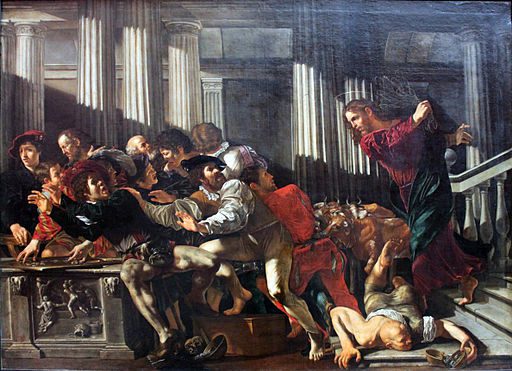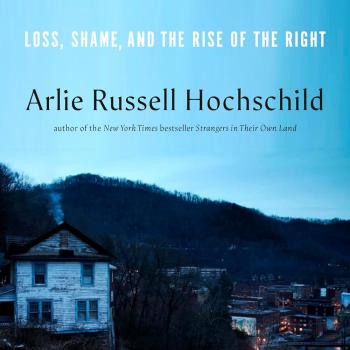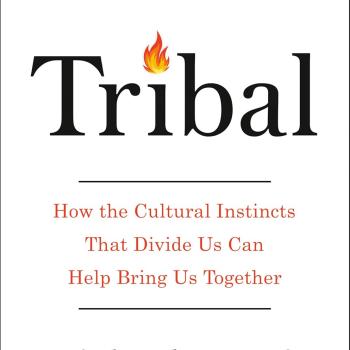In Christian Political Witness, Scot McKnight and Tim Gombis unpack the theology/politics of Jesus and Paul. In this post, I’ll recap their train of thought in order to apply it in my next post.
I thoroughly enjoyed their chapters. This does not surprise me since McKnight’s book The King Jesus Gospel is one of the most important books I’ve read. It greatly influenced my book Saving God’s Face, for which Gombis served as my outside reader when it was in dissertation form. Both have blogs listed on my blogroll.
McKnight on the Politics of Jesus
McKnight’s main idea is simple: the Church is the politics of Jesus (p. 61).
In this age, God’s kingdom is manifest in the Church. Such an idea will certainly rankle some readers who are not careful to see how he qualifies that idea. The kingdom and Church are not equivalent. The Church includes the redeemed citizens of the kingdom. Thus, he is not denying the fact the God’s “kingdom” refers generally to his “reign” or domain (i.e. this world). After all, every kingdom has a person (king), people (citizens), and a place (territory).
Accordingly, if we do not talk about the Church, we are not talking about God’s kingdom.
He argues very clearly, using four categories to describe the “politic” of God, i.e. His Kingdom. It is eschatological, ecclesial, Christological, and ethical.
(1) It is eschatological in that God’s kingdom concerns the fulfillment of Israel’s story in which God achieves his creation purpose through David’s offspring.
(2) It is ecclesial because God’s kingdom only belongs to those who give their allegiance to (i.e. “believe in”) Jesus.
(3) The kingdom is Christological because it is created for and ruled by Jesus.
(4) It is ethical since Christ’s followers live according to the example and mission of Jesus.
Jesus’ politics cut across our modern-day political spectrum. He speaks of a coming theocracy unlike the sort espoused by contemporary religious extremists. It is contrary to the political vision of modern republicans, democrats, communists, and libertarians.
Christ’s biggest issue is not found on the platforms of modern political parties. Instead, Jesus calls the entire world to give allegiance to him above country, company, or any other community.
Political “power” is expressed in self-sacrificing love, not self-interested military dominance and diplomacy.
The Political Vision of the Apostle to the Nations
Timothy Gombis, in chapter 4, examines Paul’s political theology. Gombis defines “politics” as that which concerns rulership and the right rulers have to govern our lives (75). This includes the various spheres of the social order (e.g. economics, laws, etc.).
Gombis suggests the vocation of Israel shaped Paul’s political vision. Having endured exile and then occupation by the Romans, Israel looked at outsiders (Gentiles) with contempt. Yet, they were supposed to be God’s means of blessing the nations.
Accordingly, Paul confronts an “us-versus-them” mentality that held Israel captive and continues to do so today among many people. The Jews in Paul’s day were mistaken about exactly how they were supposed to be distinctive. Even in exile, they were to seek with humility the good of the places in which they lived.
By contrast, God’s politics start with the crucified Christ. In practice, this means that service and sacrifice are the normative means by which God brings restoration first to Israel and then the world. Naturally, God’s people must rethink their political categories and approach they take to bringing about change.
For the sake of brevity, I’ll wait to discuss the practical implications of these ideas in the next post. Until then, let me know what you think?
Here are a few questions to consider ––
- How should ecclesiology shape evangelism?
- What are implications for non-Western Christians (for example, those in China)?
- How might we rethink our church planting methodologies?
I am in the middle of a series that attempts to apply insights from the book Christian Political Witness (IVP, 2014). For previous posts, click on my review (Part 1), my review (Part 2) or click on the tag Christian Political Witness.
Photo Credit: CC 2.0/wikimedia



















